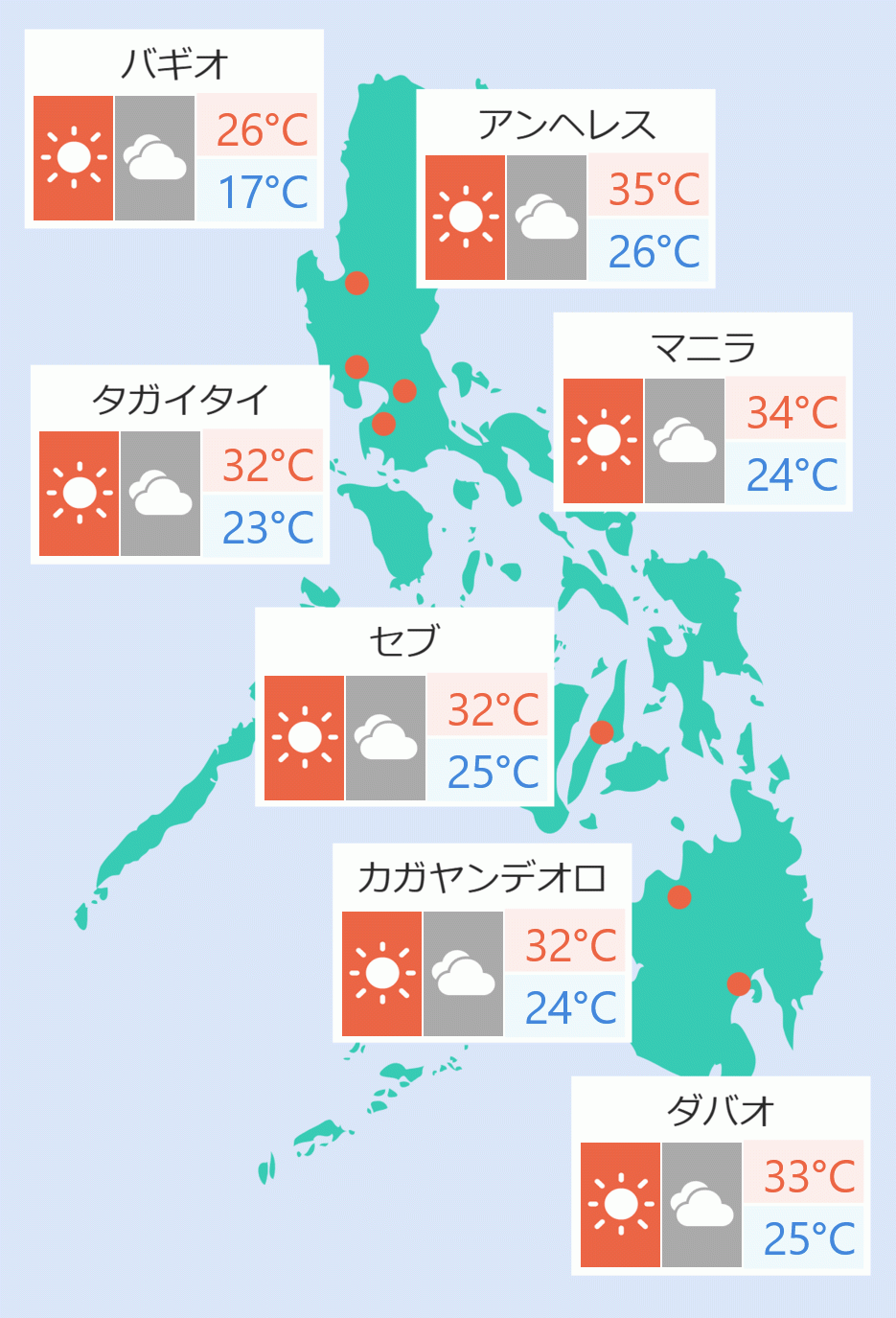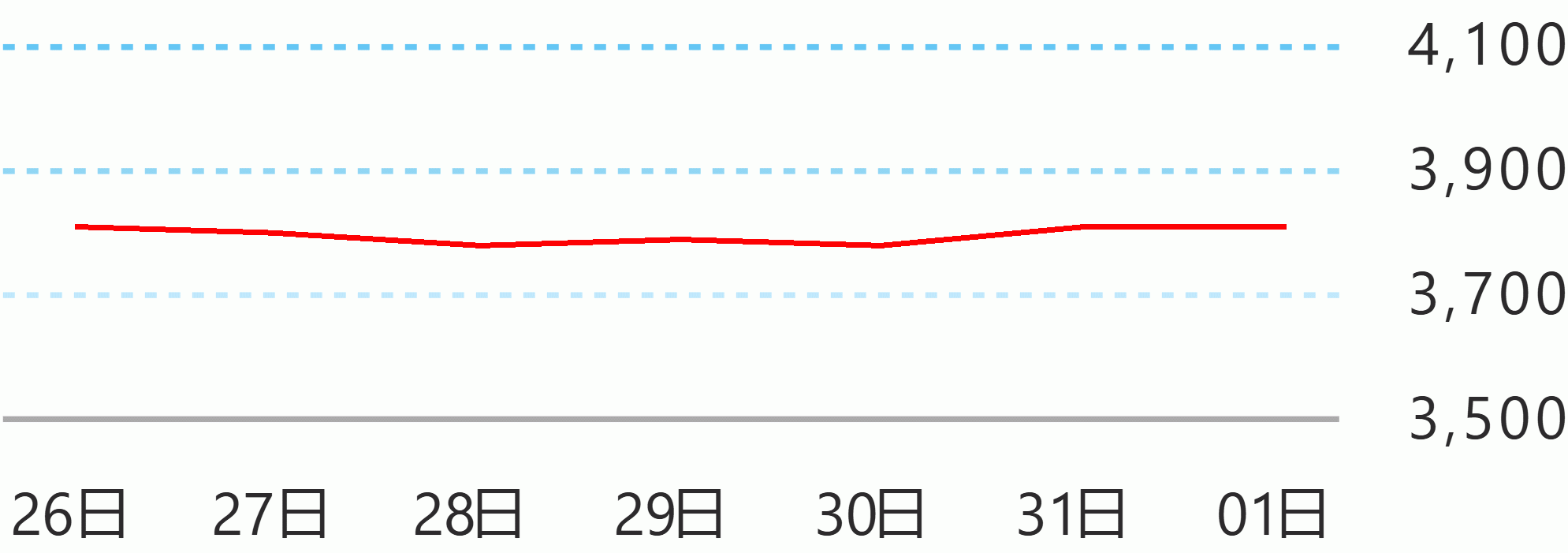Intermittent power interruption may occur after the Energy Regulatory Commission (ERC) denied the request for month-on-month extensions on ancillary services agreements, the National Grid Corporation of the Philippines (NGCP) said on Monday.
According to the NGCP, the ancillary services support the transmission of power from generators to consumers to maintain reliable operations.
''The AS (ancillary services) are necessary for NGCP to manage power fluctuations to ensure the quality and reliability of power flowing through its system. The NGCP noted that "if not managed properly, fluctuations can cause damage to sensitive equipment, or even automatic load dropping (ALD) if the fluctuations are severe enough to pose a danger to the transmission system as a whole."
The NGCP said many of its ancillary services agreements have expired and they have resorted to month-to-month extensions of its existing agreements to ensure the sufficiency of services while the procurement process is ongoing.
"With ERC’s denial of this interim arrangement, our hands are tied. The Philippine Transmission Grid shall be vulnerable to power interruptions resulting from an artificial lack of AS (ancillary services). Without an existing ASPA (Ancillary Services Procurement Agreements), NGCP cannot nominate power plants to provide the critical services,” it stated.
It also noted that "the ERC’s refusal came after NGCP concluded the acceptance and opening of bids for Ancillary Services (AS) on 14, 15, and 16 March 2023 for Luzon, Visayas, and Mindanao, respectively."
"NGCP is currently evaluating the bids and expects to formally award contracts to winning bidders no later than 18 April 2023. Ancillary Services Procurement Agreements resulting from this competitive selection process (CSP) shall still be subjected to the approval of the ERC. With the regulatory processes that applications of this nature need to undergo, a provisional approval for the new ASPAs resulting from the AS CSP may not be expected earlier than June 2023."
To avert avoidable power interruptions, the NGCP asked the Department of Energy (DOE) to intervene.
“We have always conducted the procurement of AS with good faith, with the best services for the least cost as a primary motivating factor. We have done much to improve the procurement process, but above all else, we must be able to provide these services," the NGCP said.
"With this disappointing development, our hands are tied. If we sign interim extensions, we expect the ERC to issue us yet another show cause order. If we do not, we will be unnecessarily subjecting consumers connected to the grid to avoidable and damaging fluctuations or worse, interruptions,” it explained.
In a radio interview on Sunday, Senator Sherwin Gatchalian, the vice chairman of the Senate Committee on Energy expressed optimism that the NGCP will not raise red or yellow alerts, emphasizing the ancillary reserve of 600 megawatts.
“I have talked to one of our biggest power companies. The difference is that we have 600 megawatts which we call an ancillary reserve. Basically, we have a reserve, which we previously did not have,” he said.
"In the last few months, the DOE (Department of Energy) and the ERC (Energy Regulatory Commission) really mandated the NGCP to have a reserve. That’s why we have a reserve of 600 megawatts. That’s why I am confident that we will not have a yellow or red alert this time because there is a big difference,” he added.
Yellow alert status is raised when the grid’s power reserve falls below the required level while red alert is declared when the power supply cannot meet the demand. Robina Asido/DMS





 English
English










